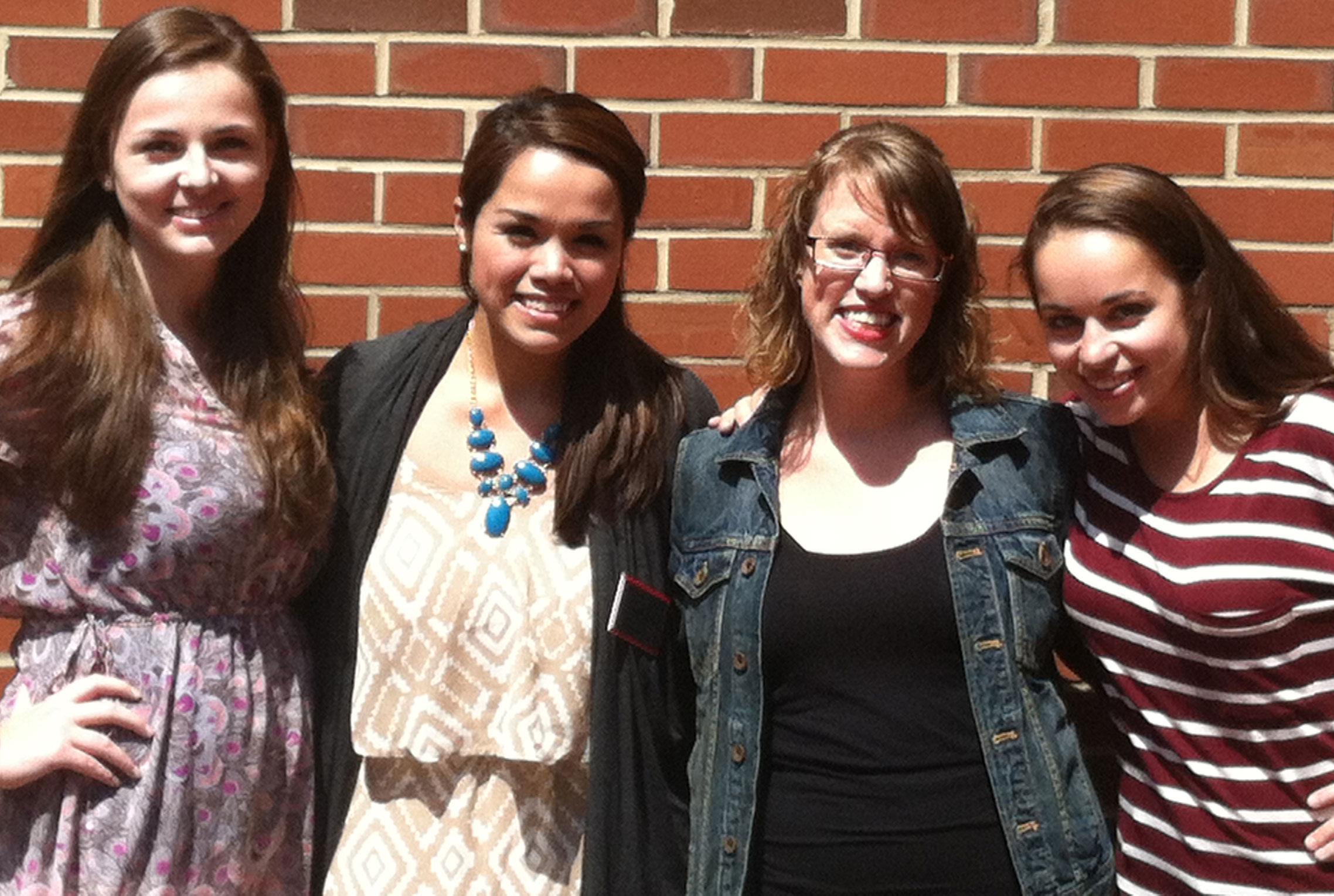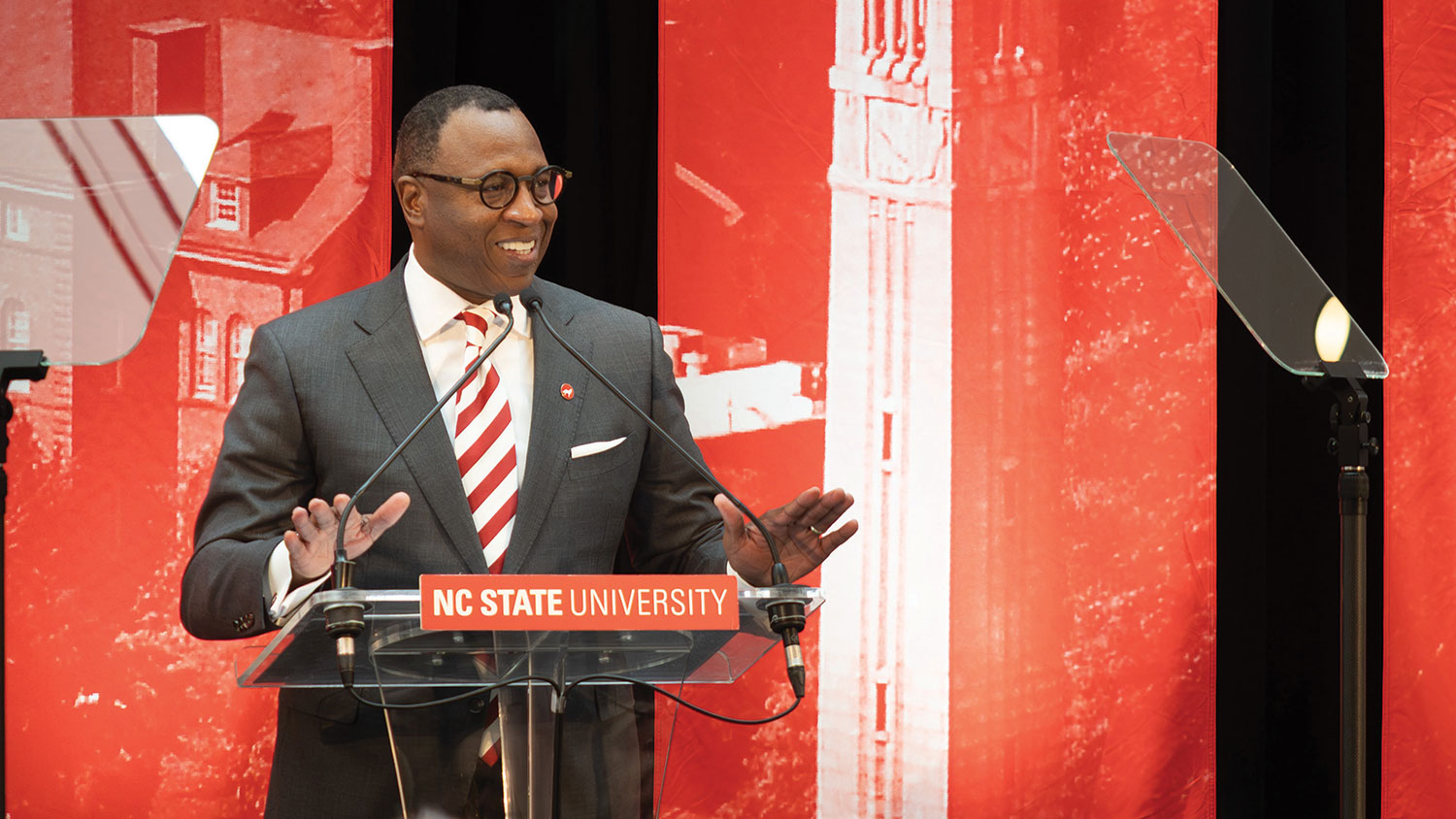We’re Here for You, Undergrads!


Lucky you, Humanities and Social Sciences undergrads! You have a tremendous resource available to you. Free, convenient, expert and kind. Four academic advisors are on hand for you Monday through Thursday from 9:00 – 4:00 (9:00 – 2:00 on Fridays) in Caldwell Lounge. You can step right up; appointments are not necessary.
The advisors are grad students who can advise on college and university policies, academic records, degree requirements, and university resources. Ask them about intracampus transfer, registration procedures, the General Education Program or how to develop strategies to handle academic difficulty. Their expertise may be especially useful before and during registration times, and for freshmen and transfer students transitioning to life at NC State.
The advisors can respond to questions from non-CHASS students too, particularly if they concern transferring to our college, adding a major or minor, locating campus resources, or explaining general university policies.
The Humanities and Social Sciences Academic Support Center is not a substitute for advising from the academic major department. Students will still need to visit your academic advisors for course registration approval. And your home department remains the most comprehensive source of information for major requirements, careers, internships, and discipline-specific graduate studies. Meet this year’s college academic advisors:

Mary Bounds is a second year graduate student in the Department of Public Administration. She’s working on a Master’s in Public Administration and a Nonprofit Management Certificate. A native of Maryland, Bounds earned her B.A. from McDaniel College, where she studied French and Political Science. She is bilingual and has worked as an ESL teacher in Mulhouse, France, and as a French teacher in the U.S. She spent three years as academic coordinator at Alliance Francaise in Washington, D.C. She has worked as a fundraiser for The Washington Ballet and is a member of the NC State Dance Company.

Amy Leonard is a second year School Psychology doctoral student and a member of Dr. Mary Haskett’s Family Studies Research Lab. She received her B.A. in Psychology from UNC-Chapel Hill in 2011, with a secondary major in Sociology. In addition to studying School Psychology, Leonard is a part-time law student at Campbell University School of Law. Her research interests and career goals center around education and health law, policy and practice, with a focus on the well-being of specialized populations including children who are adopted, homeless or maltreated.

Dragana Milisav is a second year graduate student in the Master of International Studies program. She has interned for the U.S. Department of Commerce, U.S. Commercial Service, working with international trade specialists to educate and assist local area companies through the exporting process. Milisav received her degree in Political Science and International Studies from Guilford College in Greensboro. While studying abroad in London, she worked at Tender, a U.K. charity that educates young people in violence and abuse prevention. She also spent a summer interning with the economic advisor to Serbia at the Serbian Consulate in Chicago. Milisav is a native of Bosnia and Herzegovina. Her interests lie in economic and business development as well as Eastern European culture and politics.

Patsy Sibley is a Ph.D. candidate in the Department of Psychology, where she is specializing in developmental psychology. She works as a graduate researcher in the Family Affect, Beliefs and Behaviors Lab with Dr. Amy Halberstadt. Her research concentrates on issues of gender, emotion and parental socialization. Her work examines how parents translate their expectations of emotional expression to their children and how these socialization behaviors are affected by parents’ beliefs about emotions, gender and culture.


